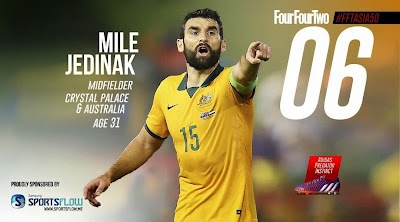It was approximately one year ago when Luiz Felipe Scolari’s managerial tenure as Brazil’s head coach looked in tatters. Some would argue that partially through no fault of his own, Scolari’s stint was left in a sorry state. Neymar’s campaign was over after having his back broken in the latter stages of their World Cup quarterfinal against Colombia courtesy of a cynical challenge. Such was the loss that the players all donned snap backs in support of their injured warrior, a move Dunga at the time was highly critical of. Forget about Neymar and get on with the job was the message.
Fast forward 12 months and Dunga himself found himself in a similar career defining moment. Ironically, once again, it was Colombia who had ended Neymar’s participation in a major international sporting competition, this time through a four match suspension handed down for the 23-year-old’s antics.
Neymar, of course, had acted like a spoiled kid who was dissatisfied with everything that went against him. His frustration at being unable to break down Colombia’s stubborn defense clearly evident as he was lucky to escape a booking towards the end of the first half after protesting against the referee and subsequently punching the ball away. He would later try to headbutt an opponent and strike another with the ball, all of which culminated in a dramatic downfall. A monster had been unleashed, so they said.
Although Dunga faced criticism for his move in naming a still immature Neymar as captain of world soccer’s most successful side, Dunga largely dealt with the situation with class and didn’t allow such a controversial scenario to derail the Selečao’s attempt to reach the knockout stages. The fans too accepted Neymar’s suspension with grace.


